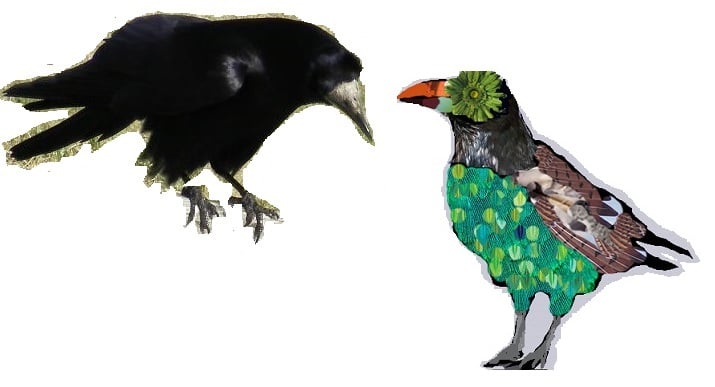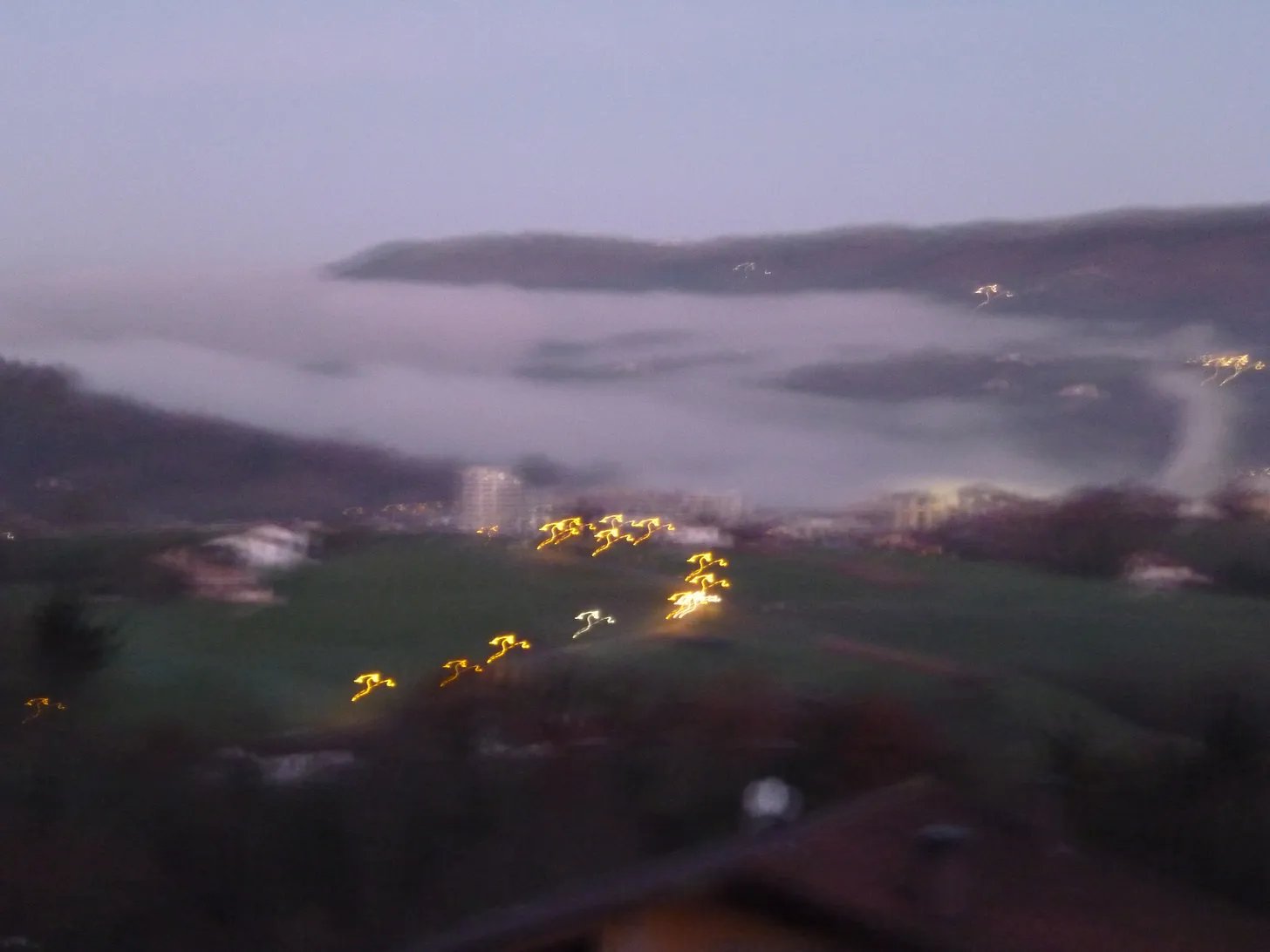Time Dilation and Death
A Critical Analysis of Crucial Factors Involved in Manipulating Variable Time at the Moment of Cessation
Abstract
Time dilation, or the difference in elapsed time as measured by two clocks, is usually the result of differences in relative velocity or gravitational potential. However, this is the first study to show that time dilation may also occur within a very brief window after human death, and under some circumstances, it may be manipulated to allow for very modest movement back in time. The authors caution that although they note that the implications for Einsteinian theories regarding the nature and behavior of time are clearly considerable, they believe that the theoretical framework presented below will explain the place of these observed findings within currently accepted parameters. The observations detailed herein are believed to be highly significant in the progress toward understanding time dilation and will serve as an important reference for future work on manipulating variable time.
Keywords: time dilation, human cessation, variable time, time travel
Introduction
The phenomenon of time dilation was first identified in the early 20th century. As she arrived at the hospital parking lot she barely noticed how much more slowly time was passing because she was focused on getting there. The nurse had called her out of a deep sleep, and she felt a rash of guilt along her scalp thinking about how asleep she had been when she needed to be there, be at the hospital with him, and hos she had to drive, and they lived so far from the hospital. The nurse said that everything was slowing for him and she should get there as soon as she could, that it might not be long now. She disbelieved it and she hoped that by appearing, it would be made untrue, reversed. It was dark and quiet and she could hear crickets from the field across the street now that there was no traffic but she did not listen, she did not look at the clear night, at the stars. She stumbled a little and swore, tying her shoelace hurriedly although it was fine, because time was slower, but she felt too rushed to notice. She pushed through the revolving door and glided over the polished floor and punched the elevator button. She thought about finding the stairs but wasn’t sure how to get to his room other than from the elevator. There was no one in the lobby and there was a pair of people in scrubs at the desk, conferring and not looking at her. Finally the elevator door opened and she stormed in and punched the 3 button and was slowly, too slowly borne upwards. She got out and went down the hallway, which was fluorescently the same at all hours. She rounded the corner and the night nurse, the guy who had called her, came out and halted her so diplomatically she did not notice she had stopped moving.
“I’m so sorry,” he said. “He passed about 20 minutes ago. We couldn’t revive him. If you like, you can sit with him for a bit. But I understand if you’d rather not.”
“I—what? No. Yes. No, I mean, yes, I’ll sit with him. Thank you.”
All around her time was crawling but she didn’t really know it, not until the nurse guided her to a chair by her elbow, caring and yet professionally remote enough. He waited for a moment before he spoke and looked at her with gravity. “You can take as long as you like. Hit the call button if you need me, but it’s quiet tonight, no need to hurry.” And he was gone without her really noticing the click of the door. Time crawled on tiny pinnapeds, it slurred its words. At last she noticed the stillness and the slowness of everything, the cold molasses of the air in the room.
She looked at him—not really him now, she corrected herself, his body. She had hoped the procedure from yesterday would be enough, that he would rally, she had told him to fight and now he wasn’t here anymore. She felt hideous, horrible for saying that to him. She felt clawed with illness. Time lay down on its stomach and inchwormed on the floor. She noticed it. She felt like he should be snoring, his chest heaving, that frightening apneic gargling filling the room before he gasped again, but he didn’t. It was still under the sheet. She could see his face and they had covered the rest. She touched his cheek and searched for his hand, its warmth gone. She stayed and stayed for days, years. She talked to him quietly about how it had been and how it wasn’t.
The nurse came back and was apologetic, saying that she could take her time but he had to come back and get some things for his file, for the physician to sign the death certificate. Oh. She had aged, been there long enough to draw the heat from her extremities in this last breath of summer and the clock said 30 minutes but she knew it was not. It was longer. Eventually it was light out and not long before that, she left. She called her friends out in the complex a few miles away, knew they would be up at this hour already. They told her to come over. Time stood up and started walking again, its locomotion back to a regular chug. There was a blur of notifications, of funeral plans and ceremonies and everyone seeing him, not him, his body. The visits were all too short, too long and then too short again.
Eventually it was later and she started to think about time separately from everything else that happened, about how it audibly slowed, how she could touch it as it passed. She did an experiment and then she handed it off to a younger researcher who made a chamber of sorts. It was more like a dollhouse with a watch in it, but you could use the chamber to follow the dilation of time at death. Then the researcher, who was ambitious, found a way to move within time as it slowed, by 10 and then 20 seconds, which was stupendous really, a cracking publication. The researcher had taken to spending time at hospice and had drummed up support from a couple sympathetic nurses and volunteers. An administrator got wind of what he was doing and disbelieved it but also thought it would make the organization, already mired in a reputation of woo, look bad and was at the point of issuing a stern warning that would get rid of the researcher, who by then had been hired elsewhere and did not come back in any case.
She did not pursue the line of research on her own because it made her uncomfortable, made her remember feelings she would rather not have again in detail, but she knew that the work had started now and would keep going, keep advancing. Eventually it would be possible to move much more than 10 or 20 seconds in time, but she doubted she would see it.

